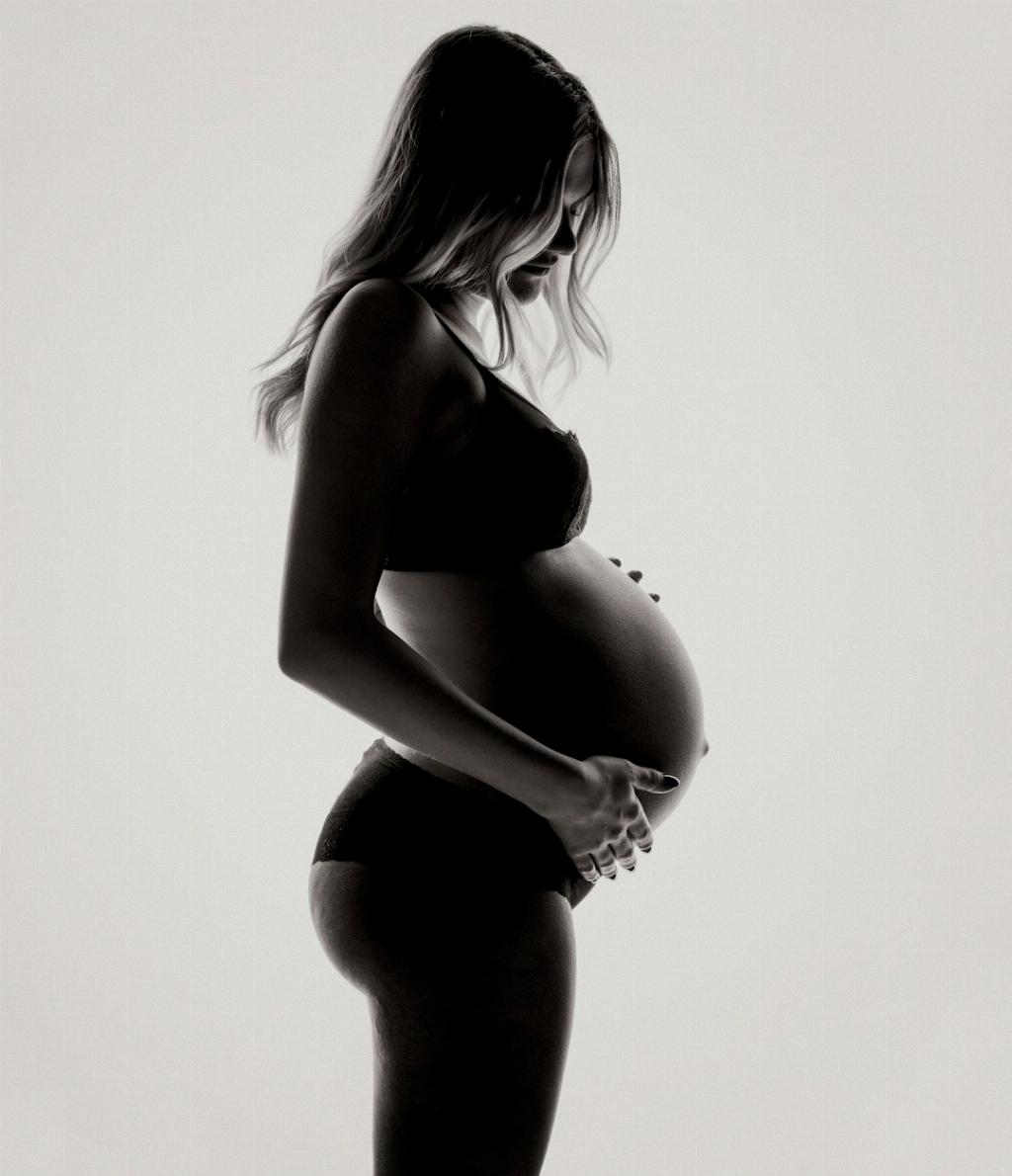After undergoing a Cesarean section, the recovery process is crucial for a smooth and successful healing journey. It is essential to be aware of potential complications that may arise post-surgery, such as bowel obstruction. Bowel obstruction is a serious condition that requires immediate medical attention. Understanding the symptoms can help in timely diagnosis and treatment.
One of the primary symptoms of bowel obstruction after a C-section is severe abdominal pain. This pain is often persistent and does not improve with rest or over-the-counter pain medications. It may be accompanied by cramping or a sensation of fullness in the abdomen, which can be distressing for the individual experiencing it.
Another common symptom is bloating or swelling of the abdomen. The area around the incision site may appear distended or feel tender to the touch. This bloating can be uncomfortable and may worsen with time if not addressed promptly by a healthcare provider.
Changes in bowel movements are also indicative of a potential bowel obstruction. Constipation, diarrhea, or the inability to pass gas can signal a blockage in the intestines. It is essential to monitor bowel habits post-C-section and report any irregularities to a medical professional.
Nausea and vomiting are symptoms that should not be ignored after a C-section. If accompanied by abdominal pain and bloating, these gastrointestinal issues could be a sign of an underlying problem, such as a bowel obstruction. Persistent episodes of vomiting or nausea warrant immediate medical evaluation.
Some individuals may experience a lack of appetite or difficulty eating following a C-section. This symptom, combined with other gastrointestinal issues, can point towards a potential bowel obstruction. Changes in appetite that persist for an extended period should be discussed with a healthcare provider.
Abnormal sounds coming from the abdomen, such as loud gurgling or high-pitched noises, can be a sign of intestinal blockage. These noises, also known as bowel sounds, may be more pronounced in cases of bowel obstruction and can indicate the need for medical intervention.
Fever or chills are additional symptoms that may accompany bowel obstruction after a C-section. An elevated body temperature or sudden onset of chills can be a sign of an infection, which can exacerbate the obstruction and lead to further complications if left untreated.
Dehydration is a concerning symptom that may develop in individuals with bowel obstruction post-C-section. Reduced fluid intake due to nausea or vomiting, coupled with persistent gastrointestinal issues, can lead to dehydration. Signs of dehydration include dry mouth, dark urine, and dizziness.
Weakness or fatigue that does not improve with rest could indicate an underlying health issue, such as a bowel obstruction. Individuals recovering from a C-section should prioritize rest and proper nutrition to aid in the healing process. Persistent weakness should be evaluated by a healthcare provider.
In conclusion, recognizing the symptoms of bowel obstruction after a C-section is crucial for early detection and prompt treatment. From abdominal pain and bloating to changes in bowel movements and dehydration, being vigilant about these signs can help prevent severe complications. If you experience any of these symptoms post-surgery, do not hesitate to seek medical attention for proper evaluation and management.

